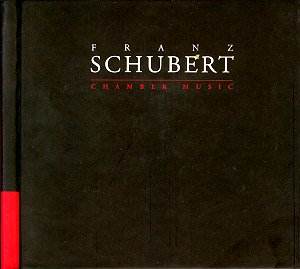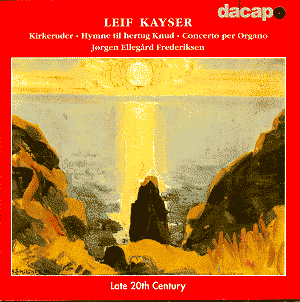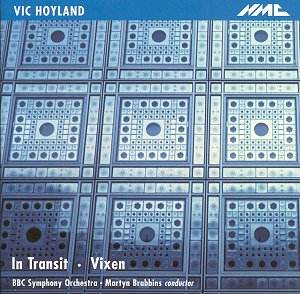 Composer: Antonín Dvořák
Composer: Antonín Dvořák
Works: Serenade for String Orchestra Op. 22 (1875), Josef Suk – Serenade for String Orchestra in E flat major Op. 6 (1892)
Performers: Prague Chamber Philharmonic Orchestra conducted by Jirí Belohlávek
Recording: Recorded in the Domovina Studio, Prague, 1996 DDD Stereo
Label: SUPRAPHON
The illustrious legacies of Antonín Dvořák and his protégé, Josef Suk, intertwine beautifully in this recording. Dvořák’s Serenade for String Orchestra, composed in 1875, exemplifies the lush, melodic gifts of a composer at the height of his early maturity, while Suk’s Serenade of 1892 reflects not only his admiration for Dvořák but also his own burgeoning voice, one marked by a poignant sensitivity that often veers toward the melancholic. The juxtaposition of these two works in a single recording is a refreshing invitation to explore the evolution of Czech music during a transformative period.
Jirí Belohlávek’s direction of the Prague Chamber Philharmonic Orchestra showcases the vibrant character of Dvořák’s Serenade, particularly in the infectious rhythmic spring of the lower strings at the outset. Here, Belohlávek emphasizes clarity and articulation, allowing the bass line to ground the ensemble while the violins navigate their intricate passages with a delightful ease. The second movement, a waltz, captures a buoyancy that is both charming and intricate, revealing Belohlávek’s astute sense of phrasing. The larghetto emerges unexpectedly slow, allowing the lyrical beauty to unfold with an aching grace, which sets the stage for the exhilarating contrast found in the allegro vivace finale.
Suk’s Serenade, on the other hand, is a testament to the composer’s struggle with his own emotional landscape. The opening theme, rife with yearning, establishes a tone that is immediately engaging yet subtly tinged with pathos. Suk’s ability to oscillate between moments of light-heartedness and deep introspection is captured effectively by Belohlávek, whose interpretation allows for a dialogue between the two emotional extremes. The adagio section features hushed playing of remarkable quality, drawing listeners in with its ethereal soundscape. However, the allegro giocoso finale, while initially buoyant, soon reveals Suk’s inherent melancholy, a complexity that Belohlávek navigates with finesse.
The recording quality, while generally clear and well-balanced, does suffer slightly from the confines of the Domovina Studio’s acoustics, which lack the spaciousness of more prominent venues like the House of Artists. This somewhat “not there” quality can lead to a feeling of crowding at times, particularly during the more climactic passages. Nevertheless, the overall sound remains engaging, with the technical aspects of the performance shining through despite these limitations.
Comparatively, this recording holds its own against other notable interpretations of Dvořák’s and Suk’s works, not only for the technical prowess of the orchestra but also for the insightful interpretative choices made by Belohlávek. While other recordings may offer different sonic spaces or emotional emphases, this disc stands out for its commitment to clarity and expressive depth.
This disc serves as a captivating exploration of the intertwined legacies of Dvořák and Suk, offering a rich listening experience that balances technical precision with emotional nuance. The performances are not merely competent; they are imbued with a depth of understanding that invites repeated listening. The combination of these two serenades, performed with such dedication and insight, makes for a significant addition to any classical music collection, particularly for those who appreciate the nuanced interplay of joy and sorrow in Czech string music.



